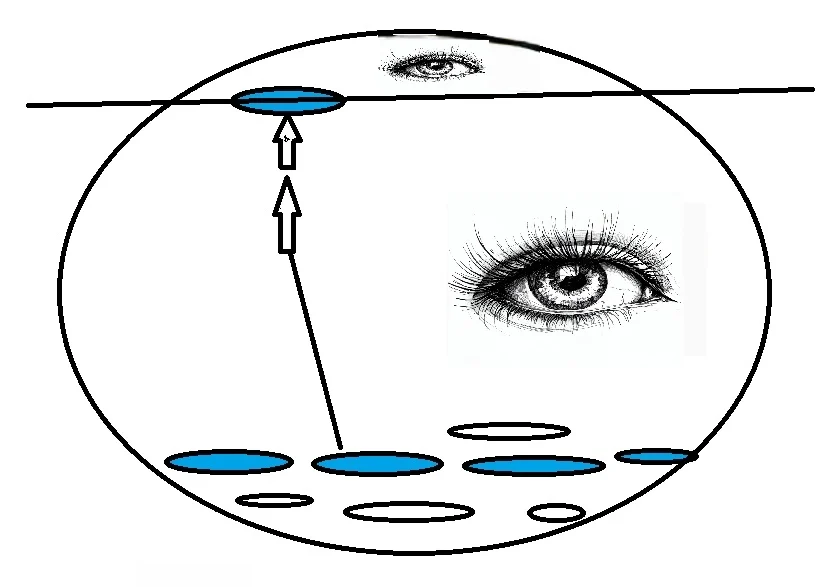State of Trance Explained
What Is Trance?
The state of trance is an altered state of consciousness.
The state of trance is an altered state of consciousness. It occurs when someone is deeply focused or absorbed, often to the extent that they become less aware of their external surroundings. Trance states can happen naturally (like when you're daydreaming or "zoning out") or intentionally induced through practices like meditation, hypnosis, or certain forms of therapy.
In a trance, the mind often enters a more relaxed and open state, allowing access to deeper layers of thoughts, memories, or emotions.

The upper portion represents the conscious mind, while the lower section symbolises the unconscious. The “rocks” embody stagnant energy—trauma, unresolved issues, and outdated programs that no longer serve us.
Through a trance state, we gain direct access to the unconscious mind and the deeply embedded programs within it. In this transformative state, the psyche begins shifting old patterns, bringing them to the surface where they become visible to the conscious mind. This process fosters awareness, empowering us to confront, integrate, and heal these patterns effectively.
What Happens During Trance?
During trance, the brainwaves often shift into theta frequencies - a state commonly associated with creativity, intuition, and relaxation. It's as if the mind takes a step back from its usual busyness, creating space for insight and transformation. It often takes practice and trust to enter and work within this state effectively.
In regression therapy, two primary channels of awareness are maintained simultaneously. One remains anchored in the perception of the present moment, while the other explores the realm of past memories.
This dual awareness is what ensures the safety and effectiveness of the process. Even as one delves deeply into past experiences, the connection to the present moment is never lost.
Induction into trance:
Get in Touch
Feel free to get in touch if you have any questions about how hypnotherapy, regression, or if you’d like to book a free 30-minute consultation.
This initial consultation gives us the chance to explore what’s bringing you to therapy, whether this approach could be helpful for you, and whether we’re a good fit to work together.
You’re welcome to email me directly - I’m happy to answer any questions you may have before booking a session. You can also book an appointment here.
All enquiries are usually answered within 24 hours. All contact is confidential and handled via secure email services.
